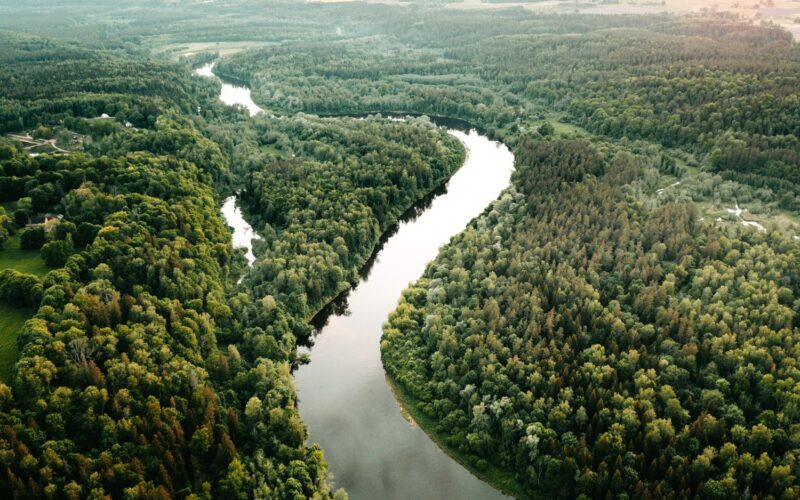Humans abandon forests for economic reasons, resulting in an increasingly severe greenhouse effect and rapid global warming. According to data from the Global Forest Watch survey, since 2016, the loss rate of primary forests has remained above 1 million hectares per year, increasing rather than decreasing yearly.
New York, NY (Business Northeast) – The afforestation plan is urgent! Global warming increases the earth’s temperature, and the urban heat island effect becomes more and more serious. Some scientists have pointed out that planting many trees will be the most effective in combatting climate change. If the afforestation plan is implemented on the earth, it is estimated that more than 60% of the anthropogenic warming material emissions will be eliminated in a few decades.
Swiss scientist Thomas Crowther points out that new forests can absorb 750 billion metric tons of carbon dioxide from the atmosphere over decades, about the same amount of carbon pollution that humans have produced in the past 25 years; The benefits will come quickly, as young forests remove more carbon from the air. This content was published in the journal Science.
A research team from the Swiss Federal Institute of Technology in Zurich, led by Thomas, analyzed more than 80,000 high-resolution satellite photos, including protected forest areas, polar tundra, and tropical rain forests, and established a tree-covered ecosystem prediction model. The original earth originally had 6 trillion trees. After hundreds of years of reclamation and felling, only 3 trillion trees are left, with a total forest area of about 5.5 billion hectares.
With the help of Google Earth, the research team found areas where more trees can be planted, located in six countries, including Russia, the United States, Canada, Australia, Brazil, and China, with a total area estimated to be about 9 million square kilometers, equivalent to American size. Suppose successful reforestation could add at least 1 trillion trees to the planet. In that case, Thomas is optimistic that there is a chance to eliminate two-thirds of the planet’s carbon dioxide emissions within the next few decades.
COP26 regards the global average temperature increase as a goal of not exceeding 1.5 degrees Celsius. According to the “2022 State of the World’s Forests Report” study, stopping deforestation will help the earth reduce 160-550 million tons annually between 2020 and 2050. CO2, equivalent to a 14% reduction in CO2 emissions, which will help achieve the 2050 global net-zero CO2 emissions target.
Tree planting is one of the cheapest and most effective ways to combat climate change. However, some experts have questioned the study’s feasibility, believing it is too optimistic. After all, planting trees alone is not enough, and reducing fossil fuel emissions is the top priority. They call for global efforts to reduce oil and coal, and burning natural gas can slow global warming.










